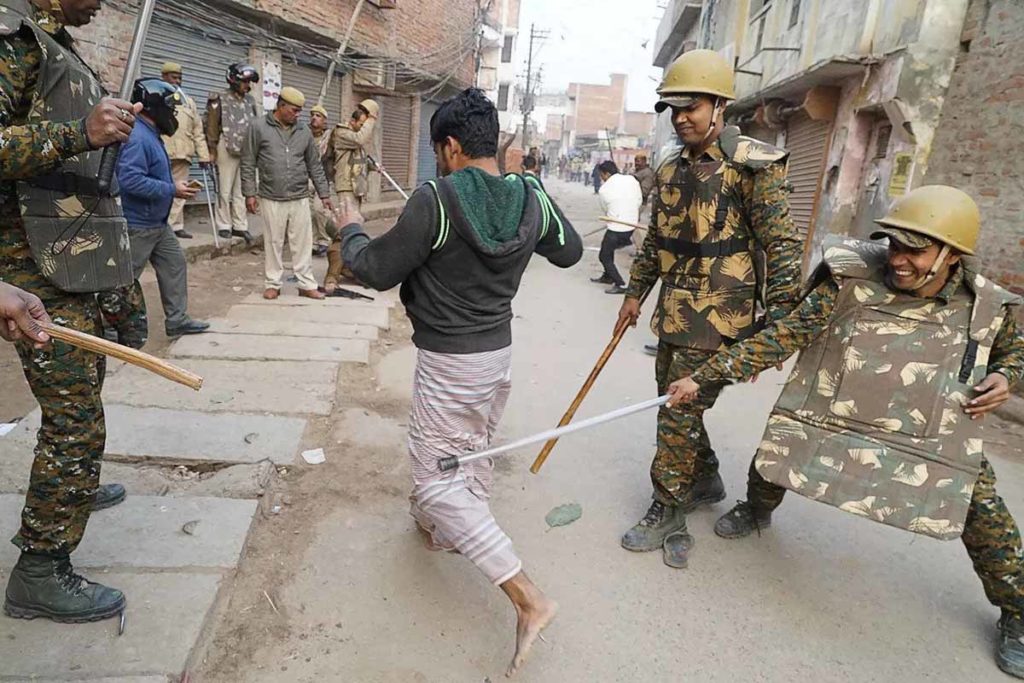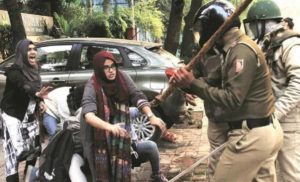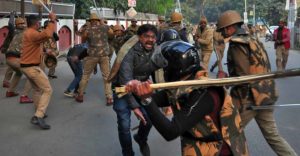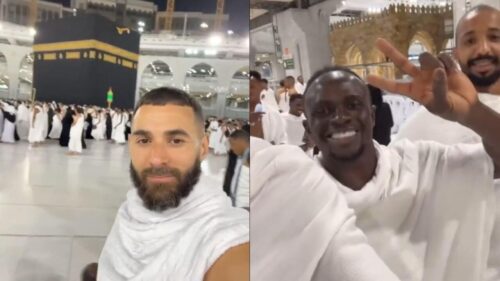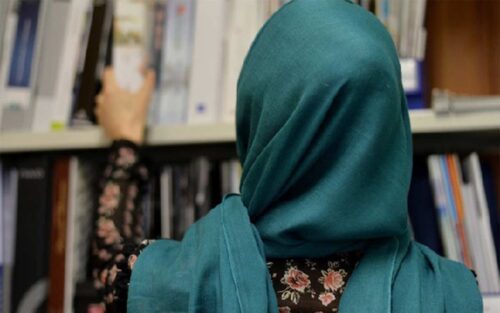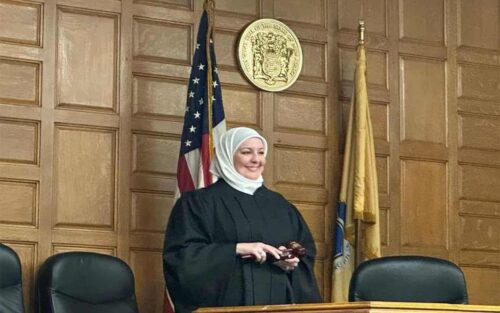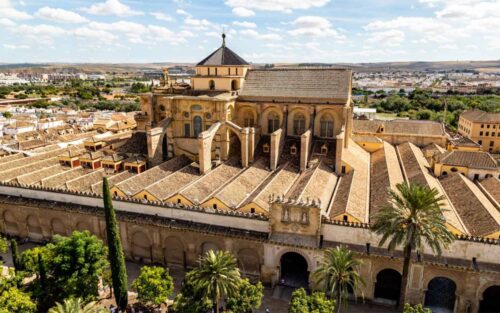Thousands of people have been arrested, and at least 23 people have been killed in the last 10 days, as police tried to quash widespread protests over a new citizenship law in India.
Protests erupted throughout the country following passage of the Citizen Amendment Bill (CAB) on December 11 by India’s parliament. The bill clears a path to citizenship for Hindus, Sikhs, Buddhists, Jains, Parsis, and Christians who came to India from Afghanistan, Bangladesh, and Pakistan.
It does not do the same for Muslim immigrants, however, which has caused its critics to call it a discriminatory threat to democracy that violates the secularism enshrined in India’s constitution.
Initial protests were held by students and youth living in country’s larger cities, but anger over the bill has grown in recent days, leading the demonstrations to become more widespread. Protests have been held all over the nation, from Bangalore in the south to New Delhi in the north.
The protests in the northern state of Uttar Pradesh have drawn particular attention for the casualties sustained there — according to the Associated Press, 15 people were killed in the state’s protests Friday and Saturday, including an 8 year old boy.
The state is India’s most populous, home to 204 million people, with a large population of Muslims; it is also notably controlled by Prime Minister Narendra Modi’s Bharatiya Janata Party (BPJ). Both Modi and the BJP has been vocal proponents of the Citizen Amendment Bill.
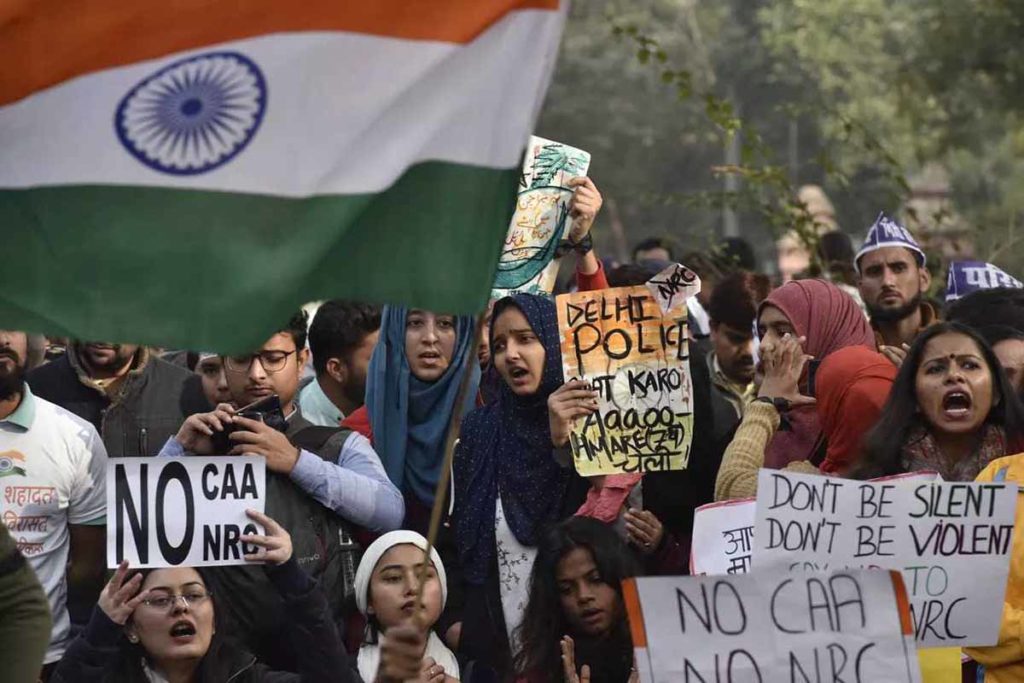
The government has responded to the protests with mass arrests — more than 1,500 have been arrested in the first 10 days of protest, and police say another 4,000 were detained and released. On Saturday, in Uttar Pradesh alone, more than 600 people were detained (but not arrested) as part of what law enforcement officials called a “preventive action.”
The government has also cracked down on media, directing television stations not to broadcast content that could heighten tensions, and has also shut off the internet in certain locales, including the Muslim heavy states of Uttar Pradesh, West Bengal, and Assam, as well as in the cities of New Delhi and Aligarh. And in some states, including Uttar Pradesh, officials have also tried to limit demonstrations by invoking Section 144, a British colonial law barring public gatherings of more than four people.
These measures have drawn condemnation from protesters; after a police crackdown on demonstrators at a New Delhi university, one woman asked: “Is this democracy? Where are we living?”
The protests come amid rising tensions as Modi and his party — which controls the Indian government following a historic victory in May’s elections — enact policies critics see as anti-Muslim.
Modi has long promoted Hindu nationalism, and has used his new mandate to make radical changes affecting his Muslim constituents, from taking away the semi-autonomous status of majority-Muslim state Kashmir (and enforcing that decision with thousands of troops) to his recent rollout of an initiative tied to the CAB: the National Register of Citizens.
As the protests continue in India, observers outside the country are warning Modi’s government that its policies could lead to a massive humanitarian disaster: Together, the NRC and the CAB could create tens thousands of stateless Muslim refugees — if not more. These stateless people could find themselves incarcerated in Indian detention centers, or could flee to nearby nations, one of which — Bangladesh — is already struggling with a refugee crisis.
The United Nations, Human Rights Watch, and the US Commission on International Religious Freedom have all cautioned the Indian government about the policies.
But Modi is pressing ahead, and is celebrating the CAB’s passage. Wednesday, he tweeted the bill’s passage was “A landmark day for India and our nation’s ethos of compassion and brotherhood!”


